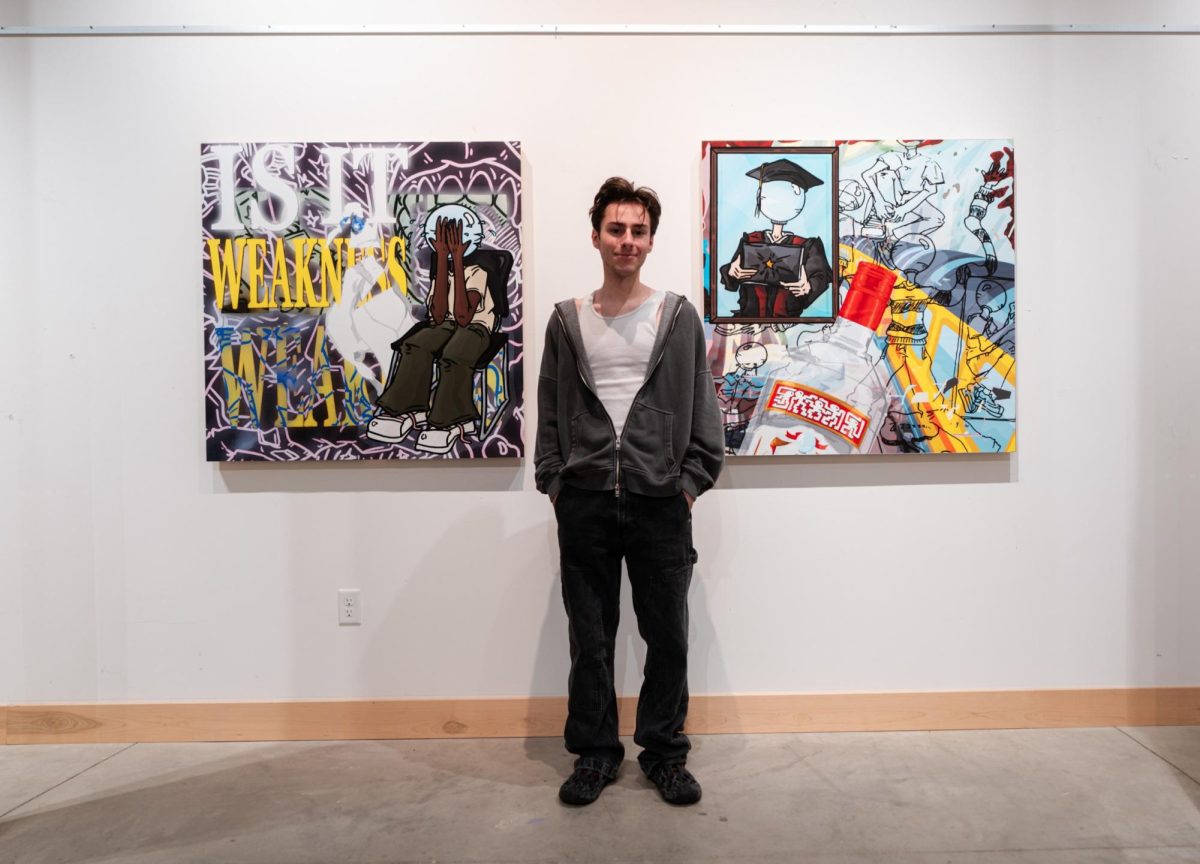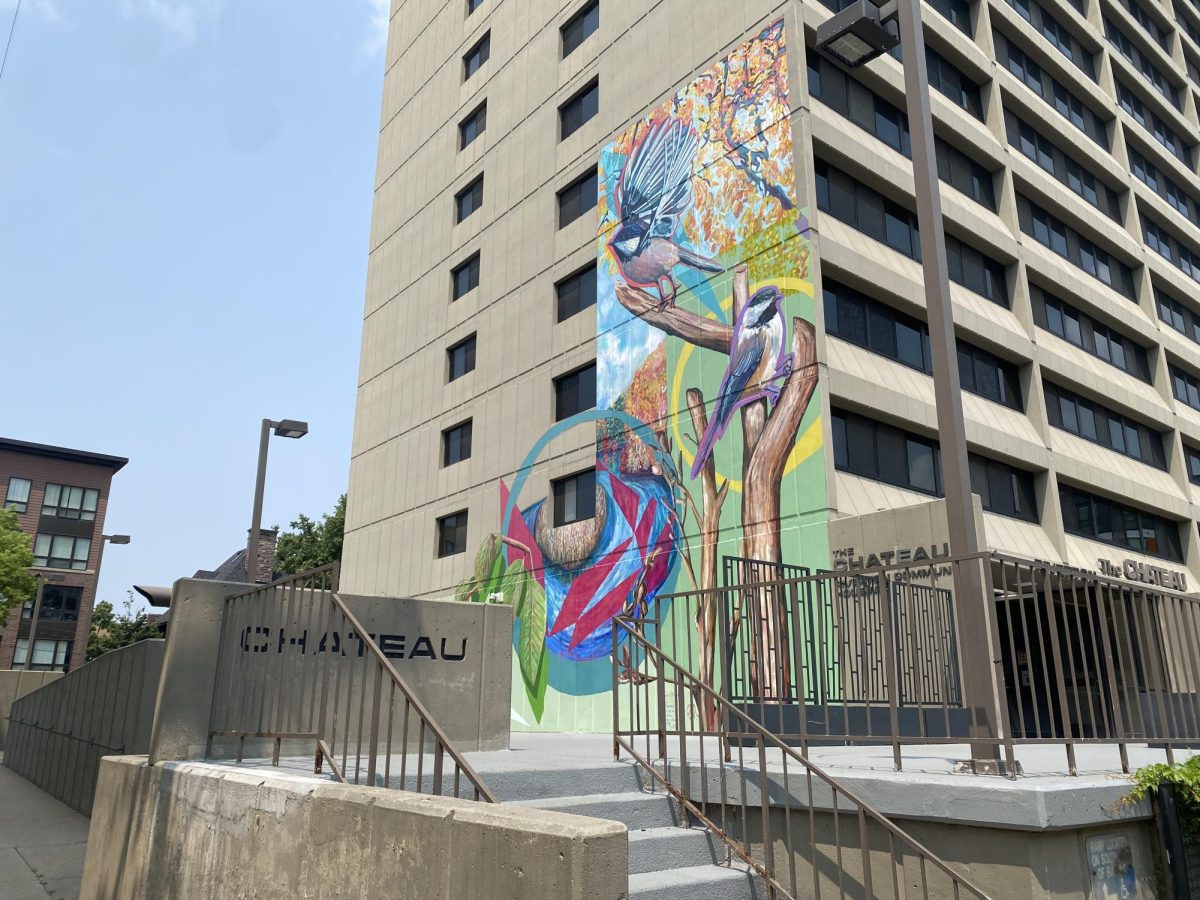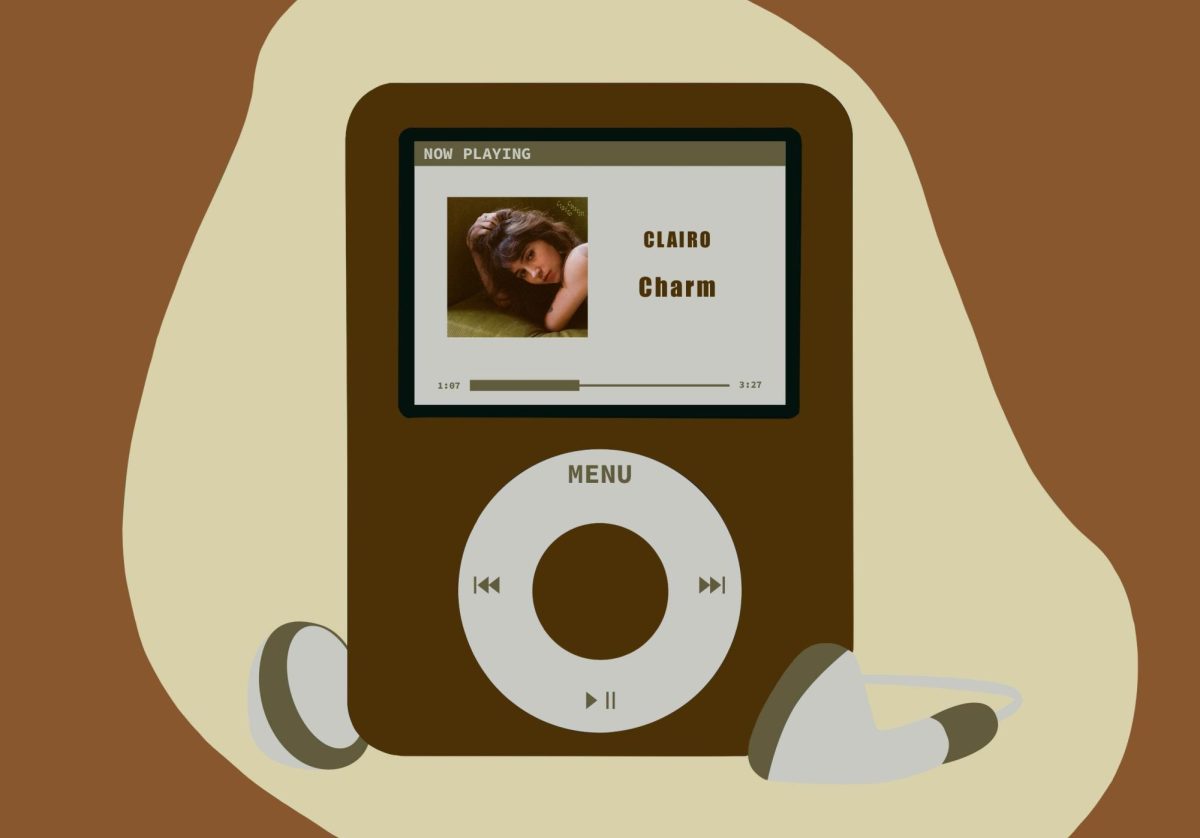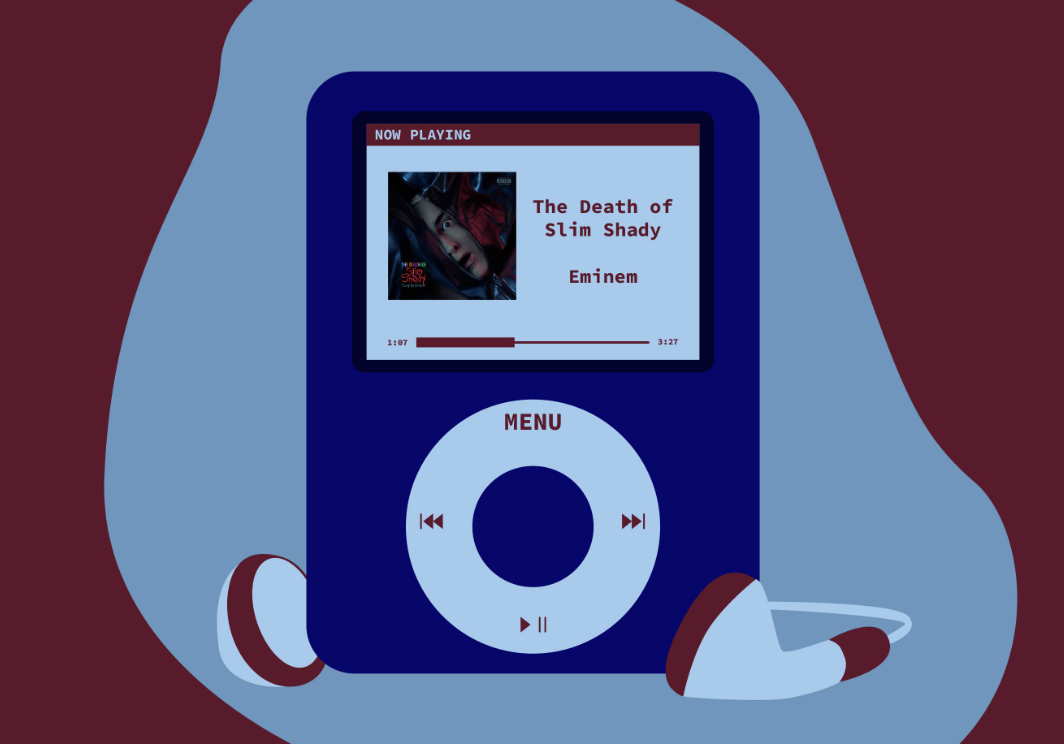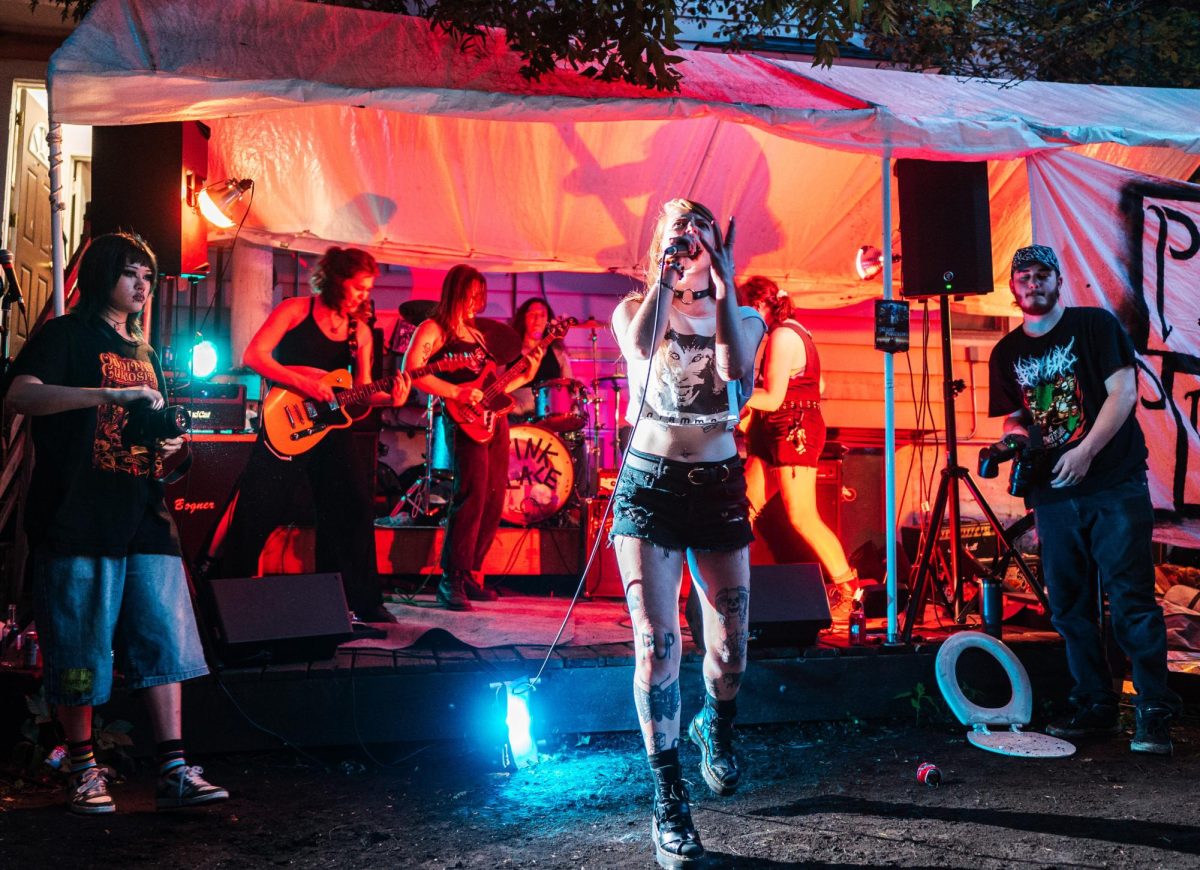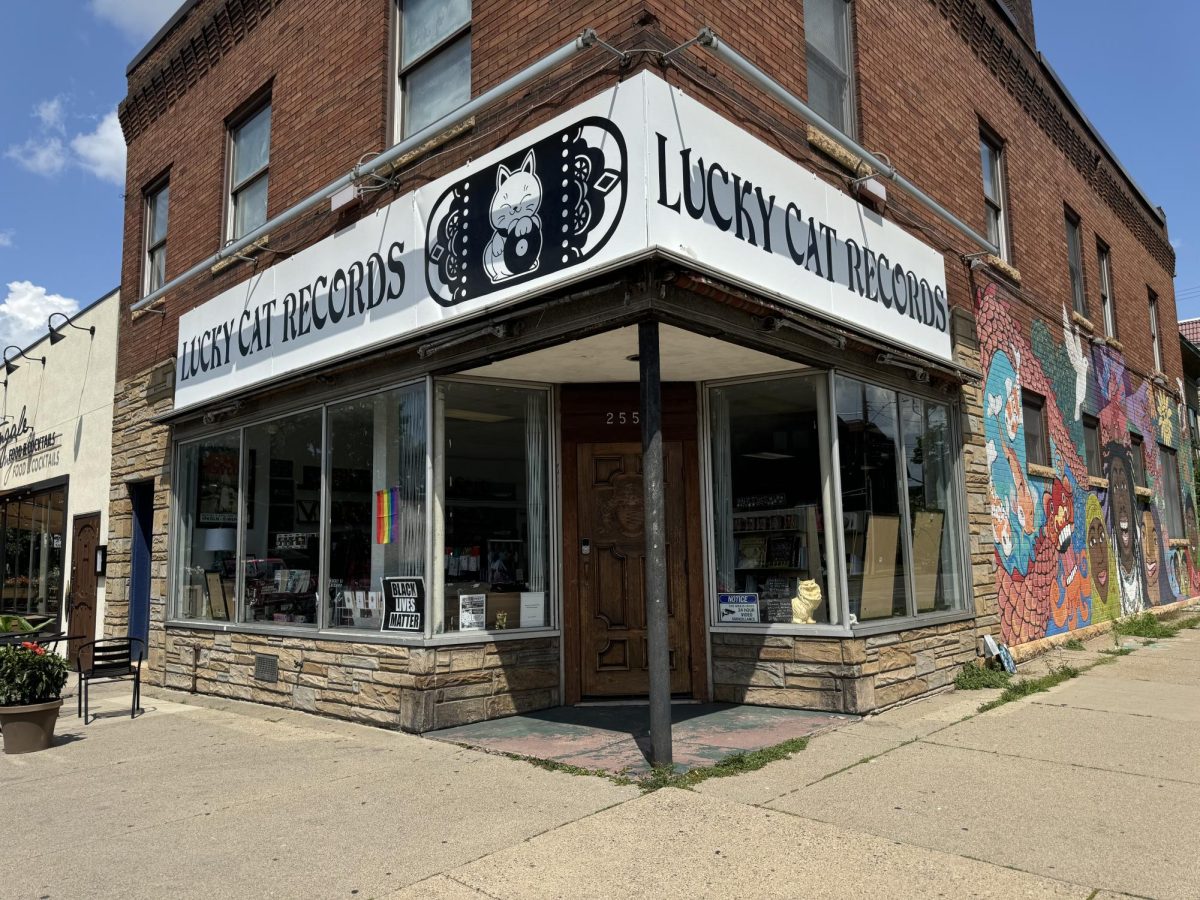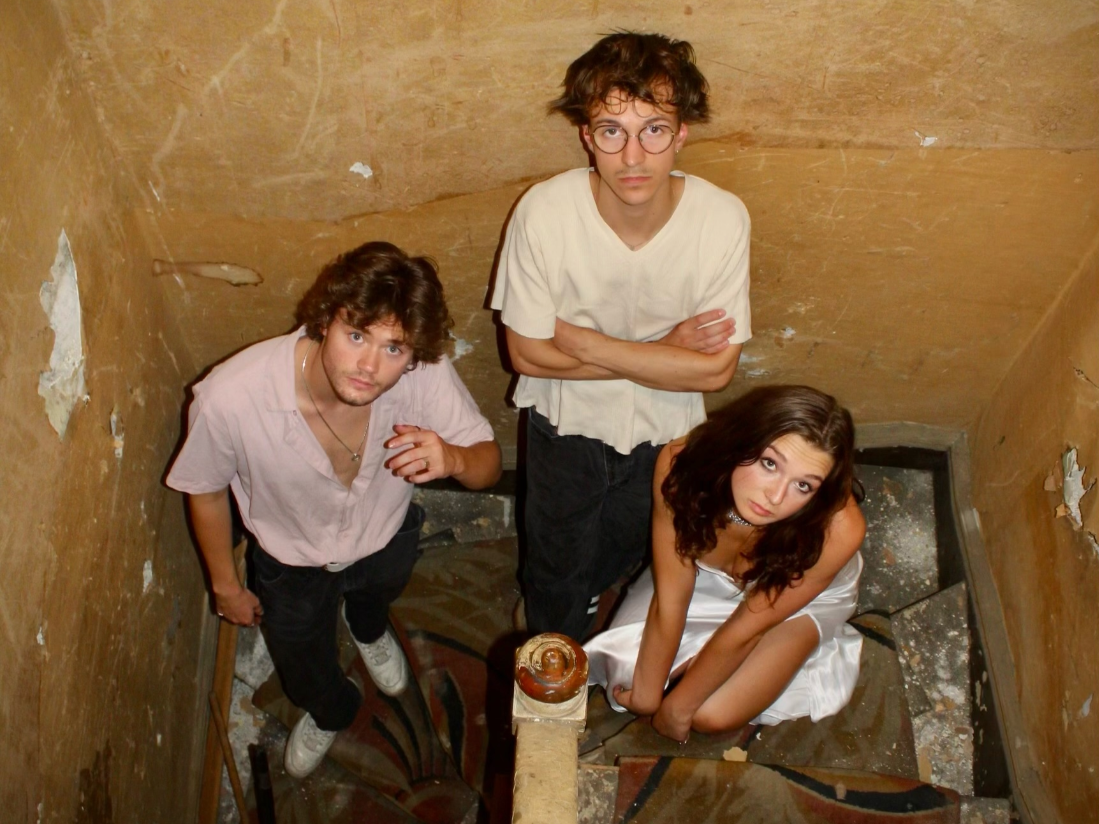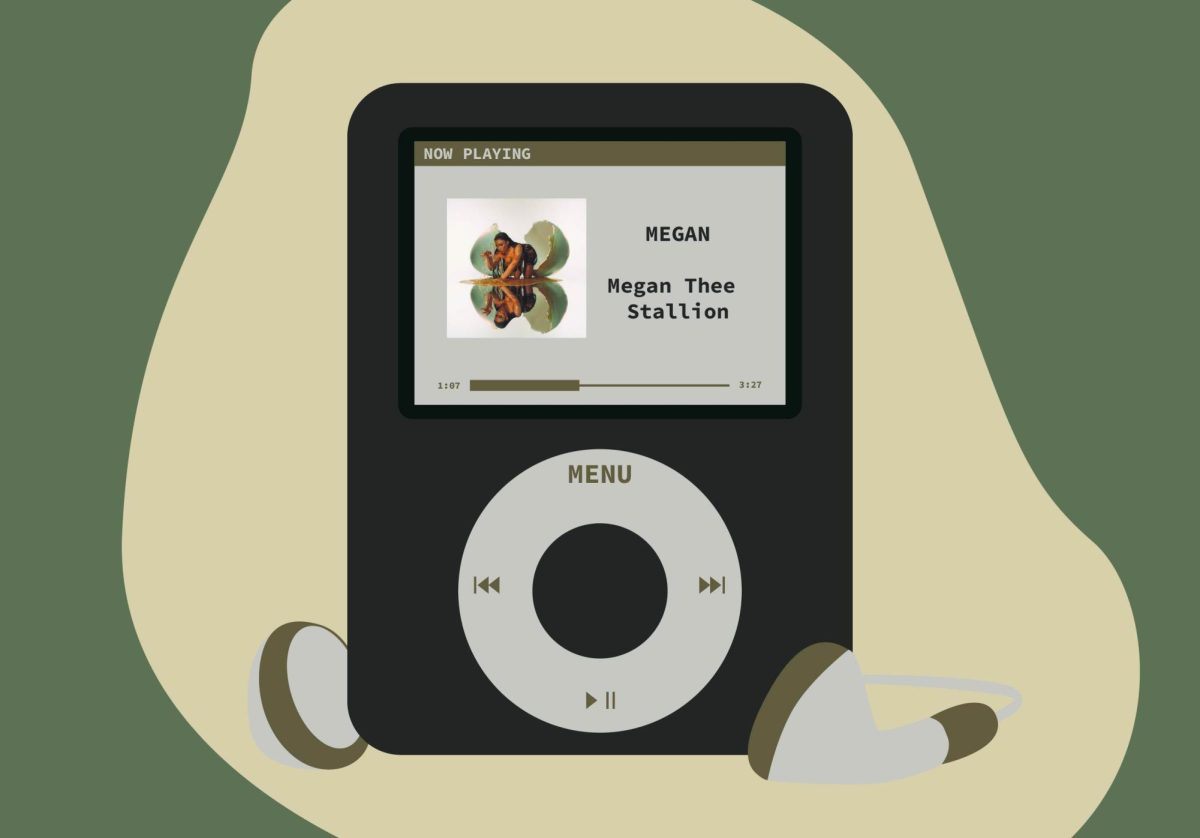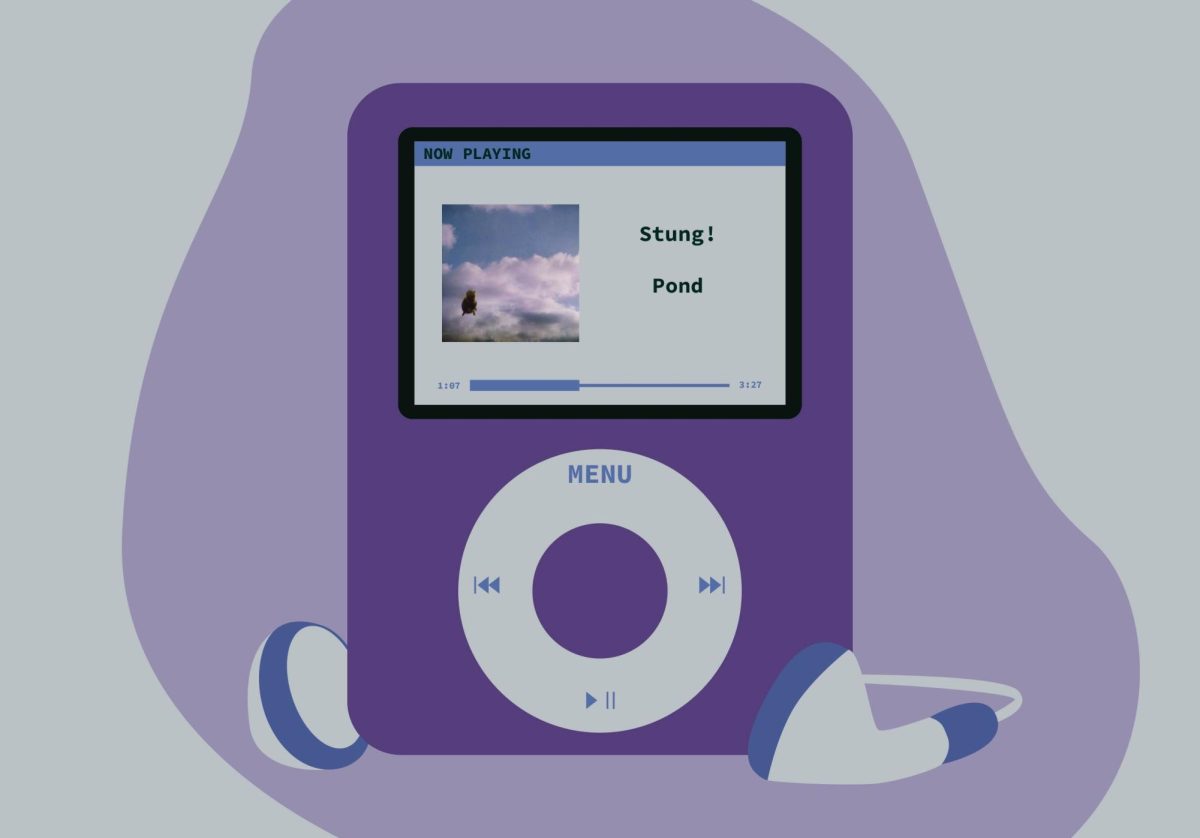On July 13, 1977, Casanova Fly (better known as Grandmaster Caz) and DJ Disco Wiz set up their sound system at 183rd Street Park, playing music like PleasureâÄôs âÄúLetâÄôs Dance,âÄù only to be cut short by the New York City blackout. The power outage soon caused looting and arson across the poorest areas of the Bronx, East Harlem, Bushwick and Brownsville. Complete darkness created an easy opportunity to steal from department stores. As author Will Hermes writes, âÄúYou could barely see your hand; there was no moon.âÄù
Moving from Caz and Wiz to Talking Heads to Iggy Pop, Hermes writes with a birdâÄôs eye view of New YorkâÄôs vibrant music scene from 1973 to 1977. Ordering events like the great blackout throughout his new book, âÄúLove Goes to Buildings on Fire: Five Years in New York that Changed Music Forever,âÄù Hermes explores genres of subversive music and the artists who still influence musicians today.
âÄúWhat I had wanted to do with the book was talk about the breadth and scope of musical invention that was happening in New York in this period because a lot of attention has been focused on individual scenes,âÄù Hermes said.
By recounting the stories of pioneers in punk, jazz and salsa side by side, Hermes lends new importance to a time period in New York often cited as one of the most dangerous and dirtiest in its history. With crime rates soaring and rents dropping amid the lackluster economy, artists like The New York Dolls, Ramones and Bruce Springsteen populated the city hoping to break through.
âÄúPeople need to keep busy. They want to do something. They want to channel their energies. I think in some ways, periods of bad economy fuel the arts,âÄù Hermes said. âÄúPeople say, âÄòIf IâÄôm going to be broke anyway, why donâÄôt I do something fun.âÄôâÄù****
As a music critic and journalist for Rolling Stone, former professor of creative writing and journalism at the University of Minnesota and the State University of New York, Hermes relates each event with equal interest, with each sub-genre of music often informing another.
âÄúThese things really happened during the period side-by-side, and nobody had ever written about them in that way,âÄù Hermes said.
Inspired by the budding Latin influences present in New York at the time, David Byrne of Talking Heads recorded with salsa stars Celia Cruz and Johnny Pacheco. Hermes shines light on more obscure, yet influential artists simultaneously. Arthur Russell, a cellist at the time, attended an early disco at The Gallery and had an epiphany.
âÄúSuddenly he could see the connection between this avant-garde classical music he was making, the rhythms of rock and the rhythmic relentlessness of disco,âÄù Hermes said. âÄúAnd he started making incredibly complex, sophisticated disco records.âÄù
What began as a tumultuous time period for New York City, the âÄô70s music sceneâÄôs âÄúmorning afterâÄù developed into one of the liveliest moments in music history.
âÄúI felt this growing up, like, âÄôhe ’60s was awesome and this sort of sucks. So how can we do something of our own? How can we make this era awesome, too?âÄôâÄù Hermes said.
As a teenager for part of the era he writes about, Hermes sometimes adds his personal account of the era, whether that be sneaking in some Southern Comfort at a Led Zeppelin show or giving his side of the âÄô77 blackout.
As a writer for MinneapolisâÄô City Pages from 1991 to 1996, Hermes developed his journalism skills and later landed a job at Rolling Stone and was a co-editor for the book âÄúSpin: 20 Years of Alternative Music.âÄù
The bookâÄôs large scale remains promising for todayâÄôs artists as well. With the current economic landscape, Hermes is optimistic of the burgeoning scene in Brooklyn. Similar circumstances affect a whole new generation of artists.
âÄúI think a lot of those factors are at play now,âÄù Hermes said. âÄúWeâÄôve got a bad economy. WeâÄôve got young people looking towards these eras that came before with all this incredible technology at their disposal.âÄù












